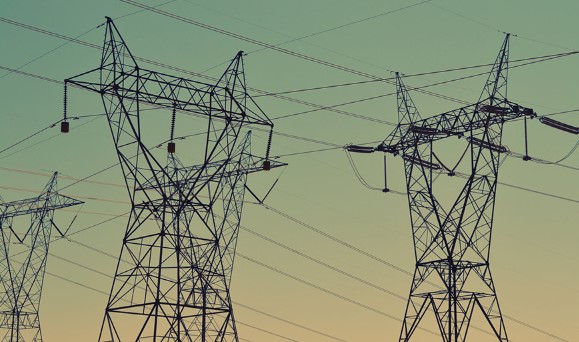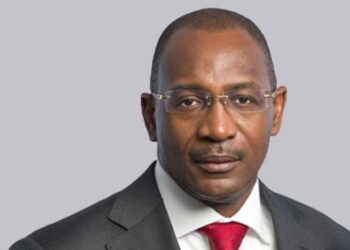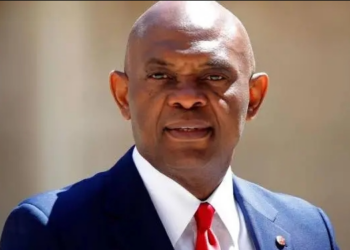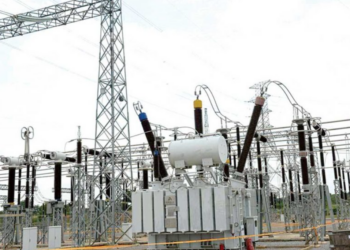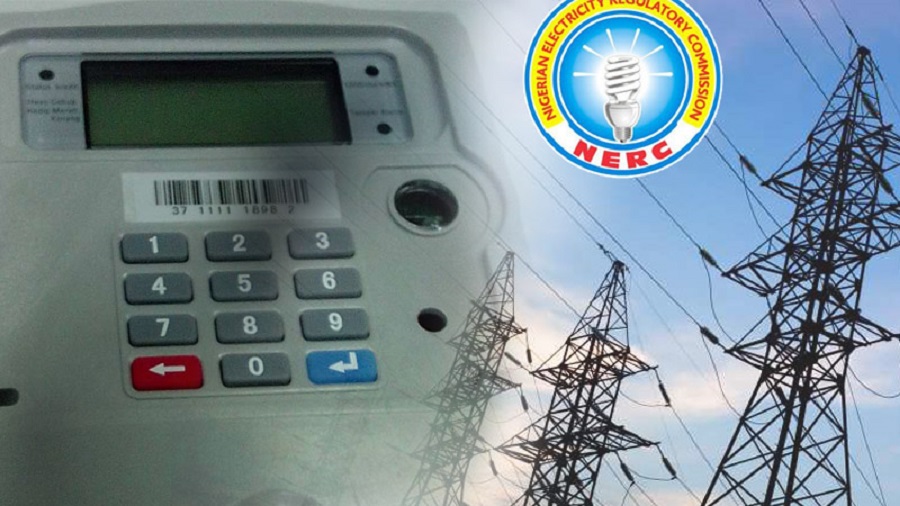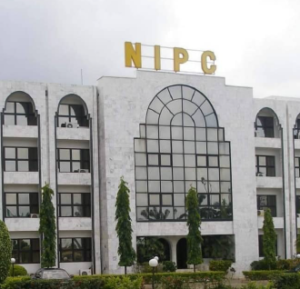The Power Generation Companies (GenCos) have urged the Federal Government to settle outstanding electricity debts to ensure their continued operation.
They warned that the non-payment of over N2 trillion could jeopardize the sustainability of electricity generation for Nigerians.
Retired Col. Sani Bello, the Board Chairman of Power Generation Companies, made this appeal in a statement in Abuja on Sunday.
He stated that the government’s failure to pay for already generated and consumed power threatens the ongoing operation of power generation plants nationwide.
He stated that this substantial debt significantly hinders GenCos’ ability to fulfil their obligations to lenders, procure Operations and Maintenance (O&M) spare parts, and meet employee-related commitments.
He stated, “GenCos are constrained to issue this release to draw the attention of the Federal Government and key stakeholders to the need to urgently address the issue of inadequate payment for electricity generated by them and consumed on the national grid, which is currently threatening the continued operation of their power generation plants.
”GenCos are currently owed more than two trillion naira for power they generated, put unto the national grid, and consumed by end users.
”This is in addition to the more than 1.7 trillion naira funding gap created in the recent supplementary Multi Year Tariff Order (MYTO) 2024 without a designated fund to fill the gap,”
“In the light of the severity of the issues highlighted above, the GenCos are requesting that immediate and expedited action is taken to prevent national security challenges that may result from the failure of the GenCos to sustain steady generation of electricity of Nigerians,”
Non-prioritisation of payment by NESI
Bello noted that GenCos’ liquidity challenges have been exacerbated by policies like the payment waterfall in the Nigeria Electricity Supply Industry (NESI), which deprioritizes payments to them.
He mentioned that GenCos’ hopes of receiving settlements through external support, such as the World Bank Poverty Reduction Supports Operation (PSRO), have been dampened due to other market participants’ failure to meet their distribution-linked indicators (DLIs) outlined in the Power Sector Recovery Programme (PSRP).
Bello also highlighted the issue of access to foreign exchange, as major operations and maintenance needs in the generation subsector are dollarized. He emphasized the importance of a specialized window or stable dollar allocation for GenCos.
He said, “GenCos are of the position that there is a need for a coordinated approach by all stakeholders in the NESi to address the liquidity issue realistically and sustainably in the power sector so that Nigerians can have access to reliable electricity supply,”

